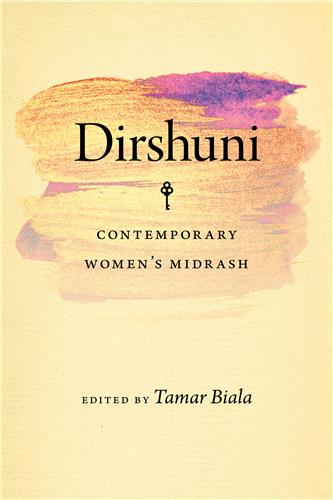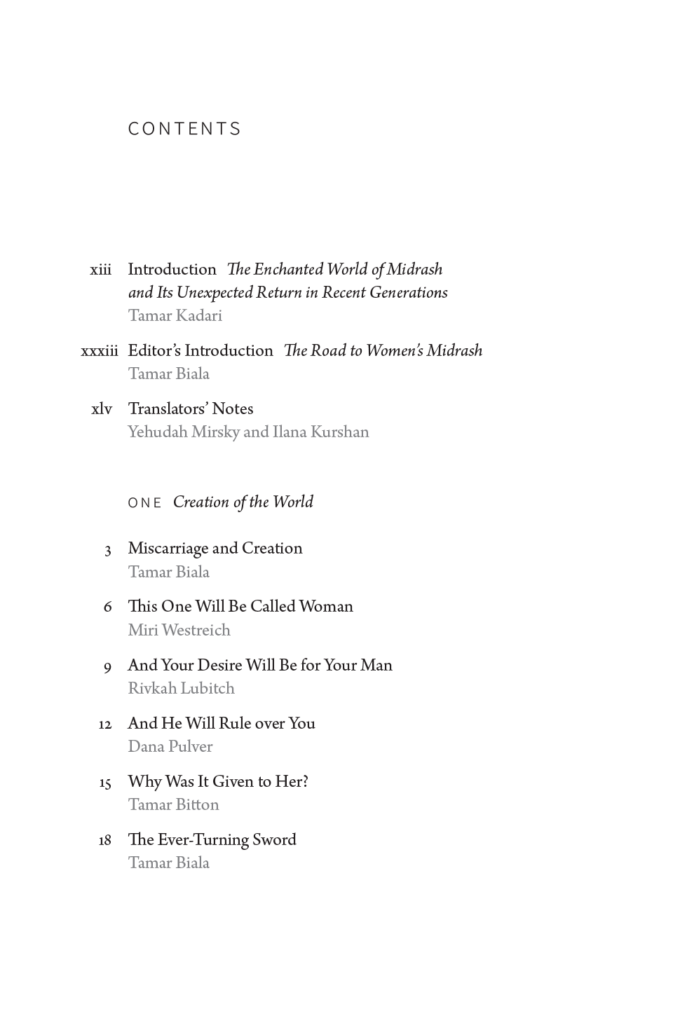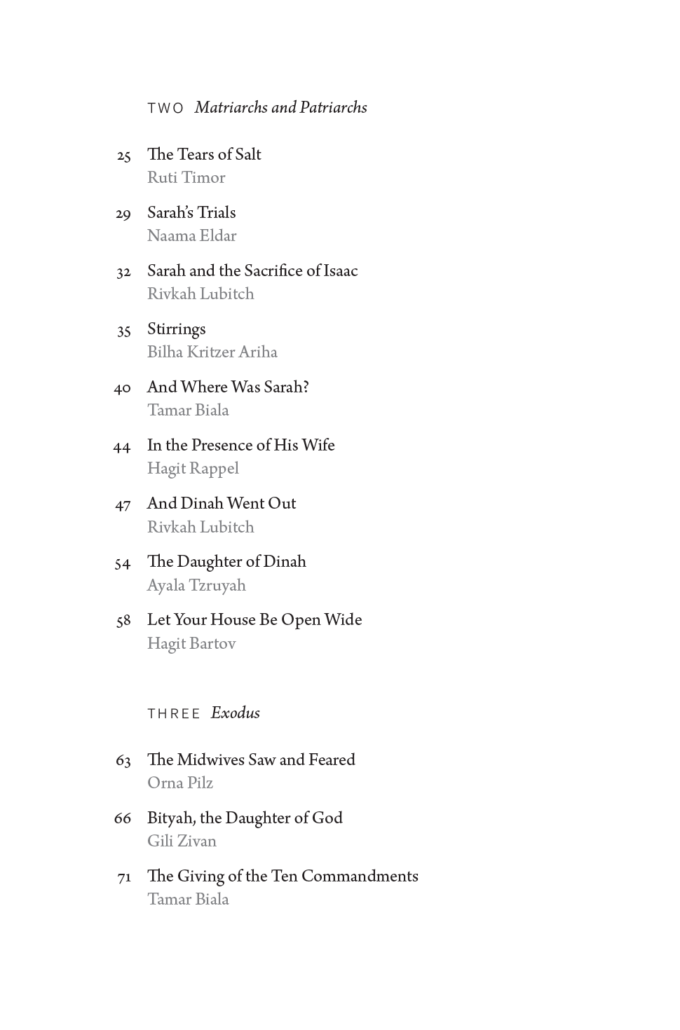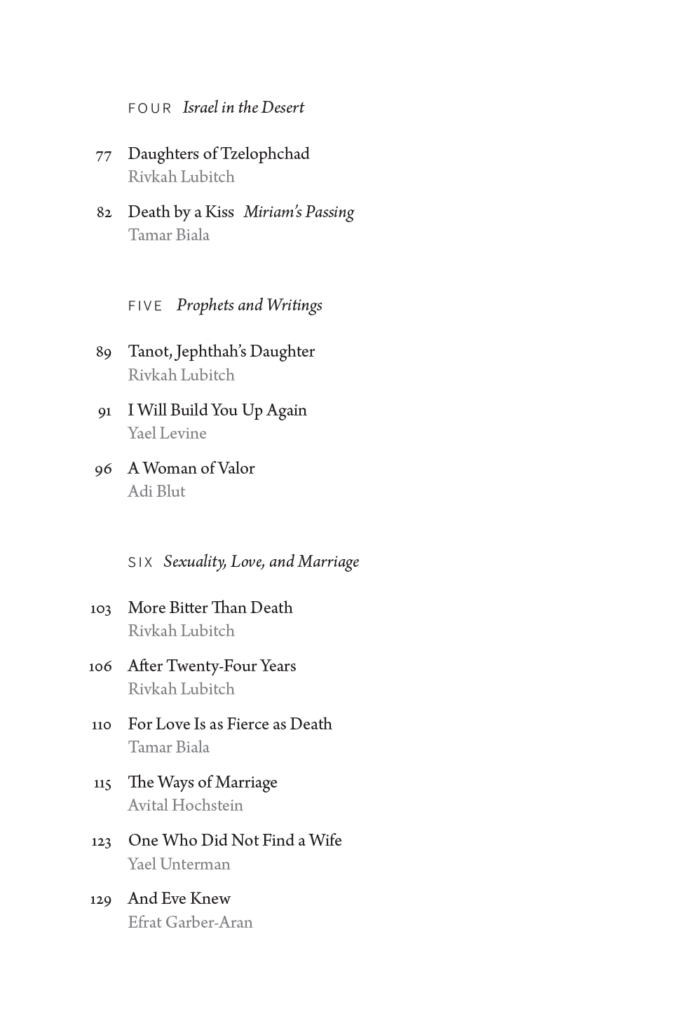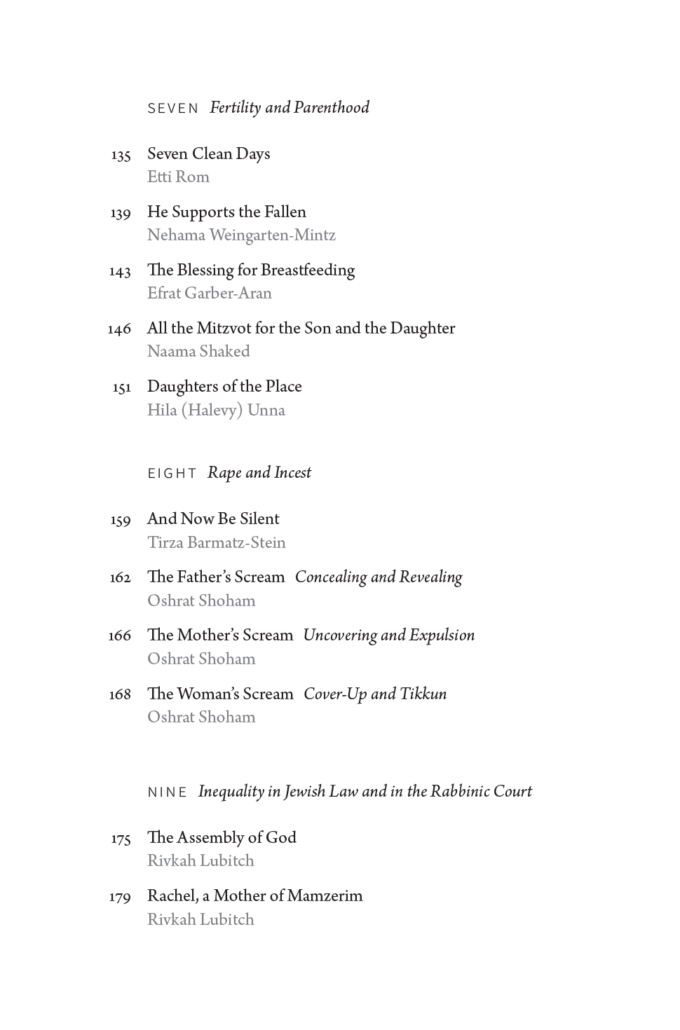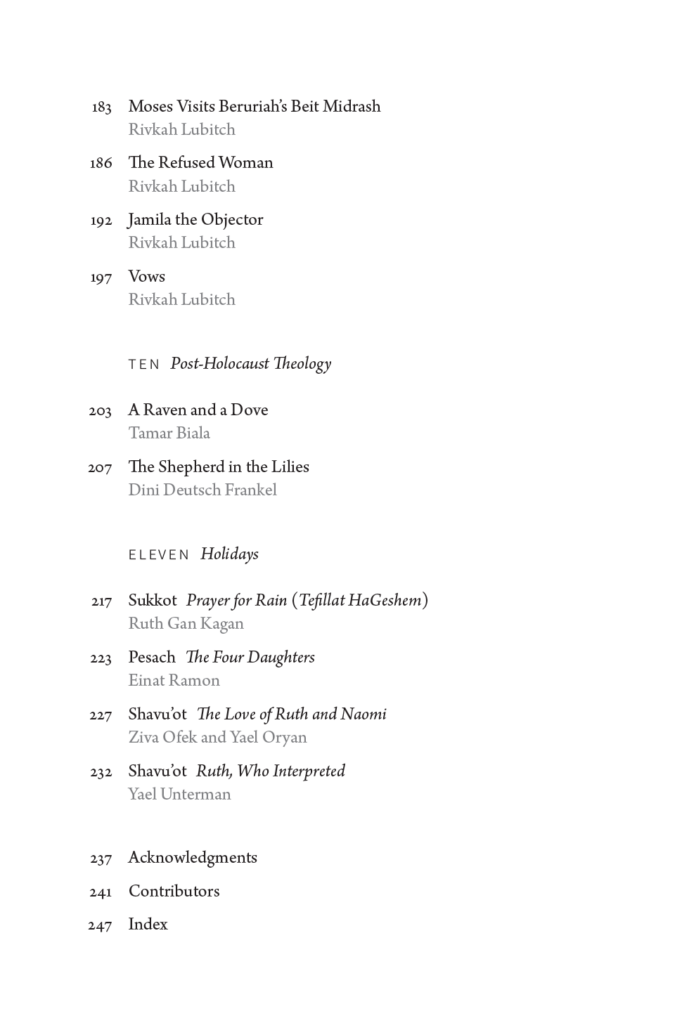Dirshuni is a step forward; it carves out a place for contemporary women to see themselves in the sacred texts. It focuses on the courage, the heartbreak, and the fight of biblical women and it brings them to life. ... What would Judaism look like if women had been reading, studying, interpreting, and commenting on our sacred texts all this time? Dirshuni gives us a glimpse of that, and the view is spectacular.

